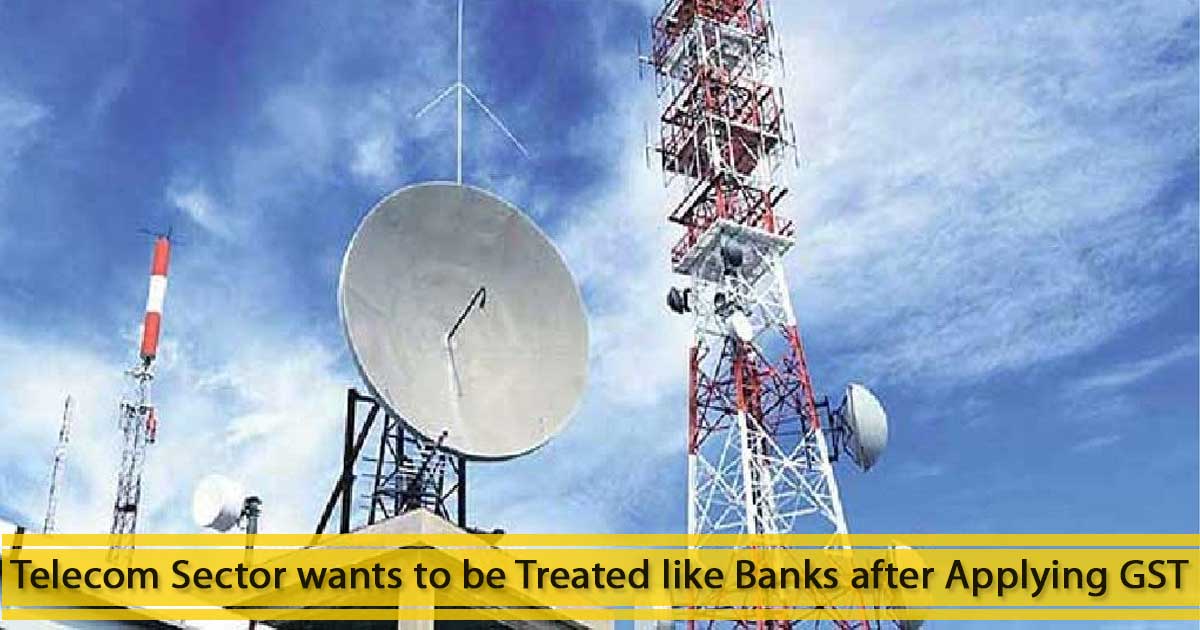The problems of Indian Telecom sector is about to risen up after the implementation of Goods and Service Tax in July. The industry is currently operating in 22 licensed service areas, which will then have to face multiple jurisdictions while paying GST. To avoid this issue, the industry wants to be taxed after the collection of the revenues at one place, just like banks.
Rajan Mathews, Director General of Cellular Operators Association of India, in an interview with Moneycontrol, said, “We pay our licence fee and taxes on a LSA (licensed service area) basis. So for the LSA of Delhi, there are three states (Uttar Pradesh, Haryana and Delhi). For Delhi, how many rates would apply given that Delhi is one service area? Similarly, place of origin is also an issue for SIM cards. Give us the same thing you allow for banks. We aggregate everything in one place if we are granted a central clearing mechanism.”
Read Also: One Nation One Tax: Why GST is Still Away From This Agenda
The Industry, with the roll out of the new tax regime also fears with the increment of effective tax rate from 15 percent to 18 percent or more. The sector is trying hard to convince the government for lower rates, as it has been marked as an essential service. The Telecom sector has also faced a fall in revenues and profitability in last two quarters.
Mathews said, “There are two issues that are emerging – first is the rate and the other is the implementation of GST. If the rate goes above 15 percent, then it will have to be passed on to the consumer. We’ve been saying put us in Category I in the construct of GST, as we are an essential service. Therefore, we should be taxed at a preferential rate of 12 percent.
Recommended: GST Slab Rates in India by GST Council
The sector has also been asking the authorities for the inclusion of petroleum products for the offset mechanism. On this, Mathews added, “When there is no offset mechanism, it pushes up the effective rate of tax. Since we use a lot of diesel we are asking for petroleum products to be used as offset. The moment we have power, the offset can be taken away.”









